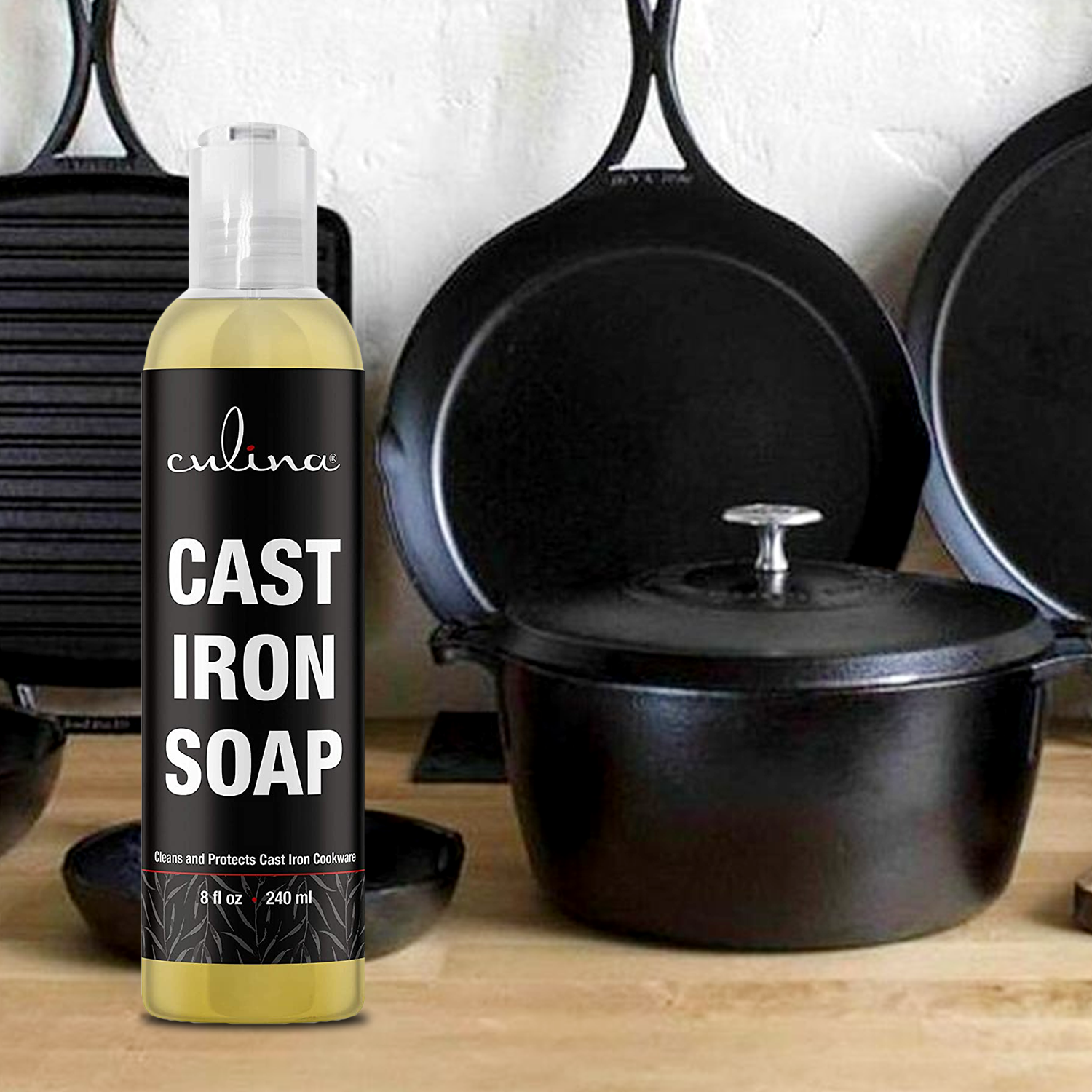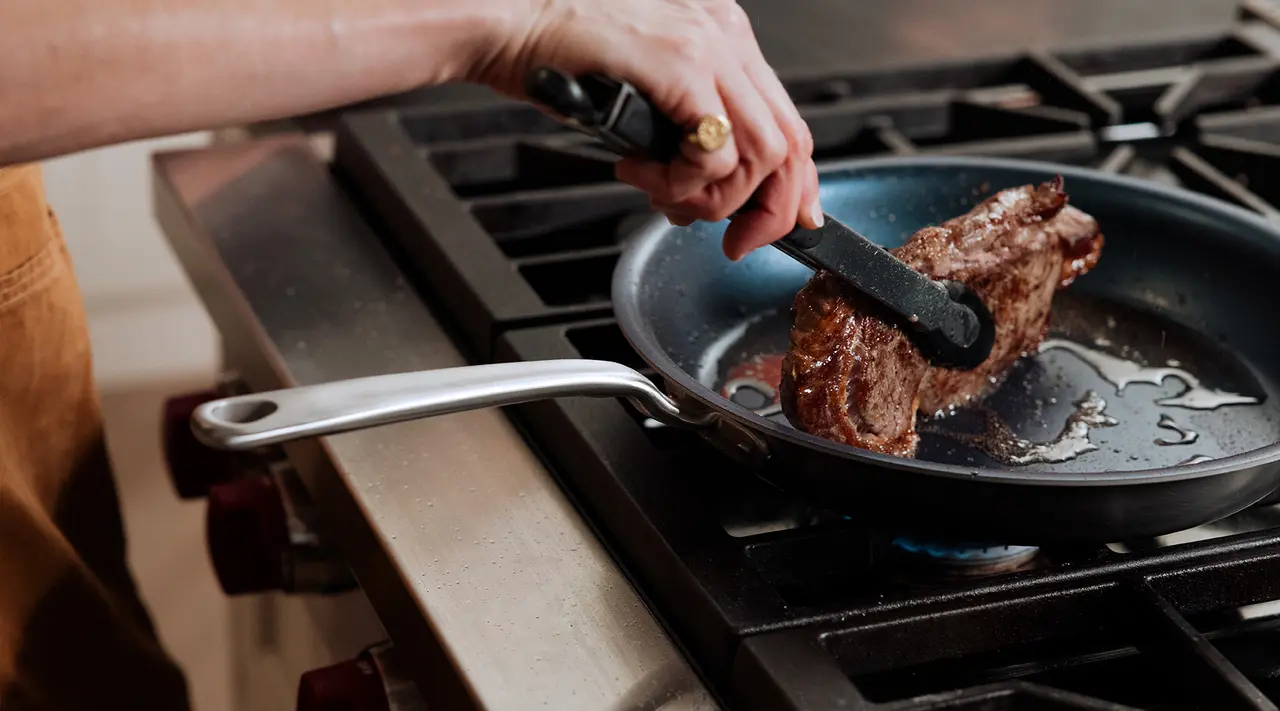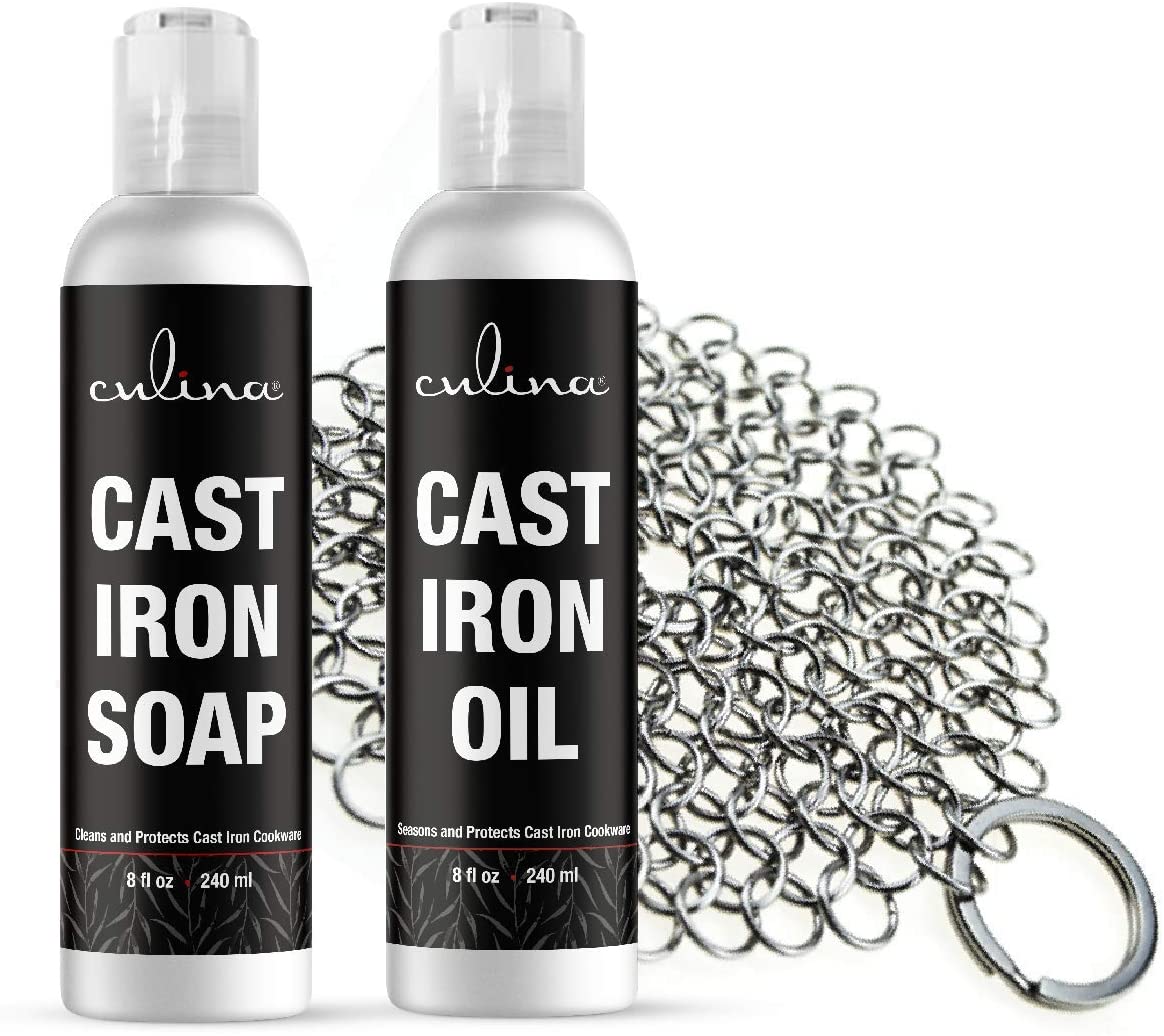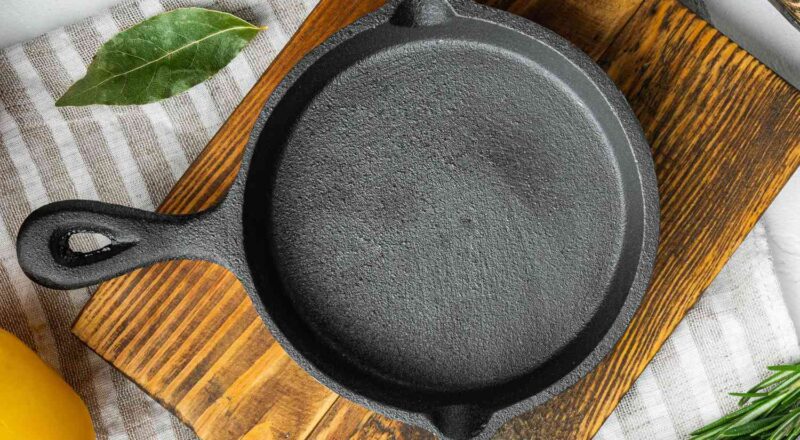When it comes to cooking, no one can deny the magic of a perfectly sauted onion. Whether you’re making a base for a stew, topping for a burger, or even an addition to a salad, mastering the art of sauting onions is crucial. In this guide, we will delve into how to saut onions in a cast iron skillet, a method that not only extracts intense flavors but also adds a delightful texture to your onions.

Why Choose a Cast Iron Skillet?
The Science Behind Cast Iron
Cast iron is favored by professional chefs and home cooks alike for various reasons. Its superior heat retention helps in achieving a consistent saut without constantly adjusting the heat. Plus, it adds an extra flavor profile to your dishes.
Seasoning and Maintenance
Using a cast iron skillet that is well-seasoned is paramount for a non-stick effect, making the sauting process more efficient. For maintenance, read our detailed guide on cleaning and maintaining cast iron cookware.

Ingredients You’ll Need
For sauting onions, you need quality ingredients to enrich the taste. Heres what youll need:
- 2 large onions
- 2 tablespoons of olive oil
- A pinch of salt
- A dash of black pepper
Optional Ingredients
Add a pinch of sugar for caramelized onions or a splash of balsamic vinegar for extra zing. Fresh herbs like thyme can also add complexity to your saut.

Preparing Your Onions
Choosing the Right Onion
Each variety of onionfrom sweet Vidalia to robust red onionsbrings its own unique flavor to the dish. Choose your onion based on the dish you’re preparing.
Cutting Techniques
Uniformity is key when slicing onions for an even saut. Opt for thin, even slices to ensure they cook consistently.
Step-by-Step Sauting Process
Step 1: Preheat Your Cast Iron Skillet
Place your skillet on medium heat for about 5 minutes. A well-heated skillet ensures an even cook.
Step 2: Add Olive Oil
Add 2 tablespoons of olive oil, making sure it evenly coats the bottom of the skillet.
Step 3: Introduce the Onions
Carefully add the sliced onions to the hot skillet. Ensure they are spread out evenly.
Step 4: Stirring Technique
For the first 5 minutes, constantly stir the onions to prevent sticking. Then, stir occasionally to allow for even cooking.
Step 5: Seasoning
Add salt and pepper to taste as the onions turn translucent.
Step 6: Final Touch
If desired, add a pinch of sugar to encourage caramelization or a splash of vinegar for additional flavor.
Troubleshooting Common Issues
Onions Sticking to the Skillet
If onions are sticking, your skillet might not be properly seasoned, or the heat might be too high. Read our guide on cleaning greasy cast iron skillets for better results.
Uneven Cooking
If your onions are cooking unevenly, try to cut them into uniform sizes and ensure they are evenly spread out in the skillet.
Enhancing the Flavor
Caramelization
For caramelized onions, saut on low heat for a longer time, allowing the natural sugars to develop.
Adding Herbs and Spices
Fresh herbs like thyme or rosemary can be added towards the end of cooking for extra flavor.
Serving Suggestions
Burgers and Sandwiches
Use sauted onions as a topping for burgers, sandwiches, or even hot dogs to add a sweet and savory touch.
Soups and Stews
Add sauted onions to your soups and stews for an extra layer of flavor.
Salads
For a warm salad, add sauted onions to mixed greens with a light vinaigrette.
Pairing with Other Ingredients
Meats
Sauted onions go well with steaks, chicken, and pork. They enhance the taste with their natural sweetness.
Vegetables
Combine sauted onions with other vegetables like bell peppers, mushrooms, or zucchini for a delightful medley.
Storing and Reheating
Refrigeration
Sauted onions can be stored in the refrigerator for up to 4 days. Make sure they are in an airtight container.
Reheating
Reheat in a skillet over medium heat for best results. Avoid microwaving as it can make the onions soggy.
Health Benefits
Nutritional Value
Onions are packed with vitamins and antioxidants. Sauting them can help to bring out these beneficial compounds.
Low-Calorie Option
Sauted onions are a low-calorie way to add flavor to your dishes without the need for heavy sauces or condiments.
Conclusion
Mastering how to saut onions in a cast iron skillet can elevate your cooking skills to new heights. With the right technique and a trusty cast iron skillet, you can bring out the best flavors in your onions, creating a delicious foundation for countless recipes.
FAQs
Can I use other oils besides olive oil?
Yes, you can use other oils like vegetable oil or butter, but olive oil provides a distinct flavor and health benefits.
Why are my onions burning?
Your heat might be too high or you may not be stirring them enough. Lower the heat and ensure constant stirring for the first few minutes.
Can I saut frozen onions?
Its best to use fresh onions for sauting; frozen onions tend to have a higher water content, which can affect the cooking process.
As an Amazon Associate, I earn from qualifying purchases.

